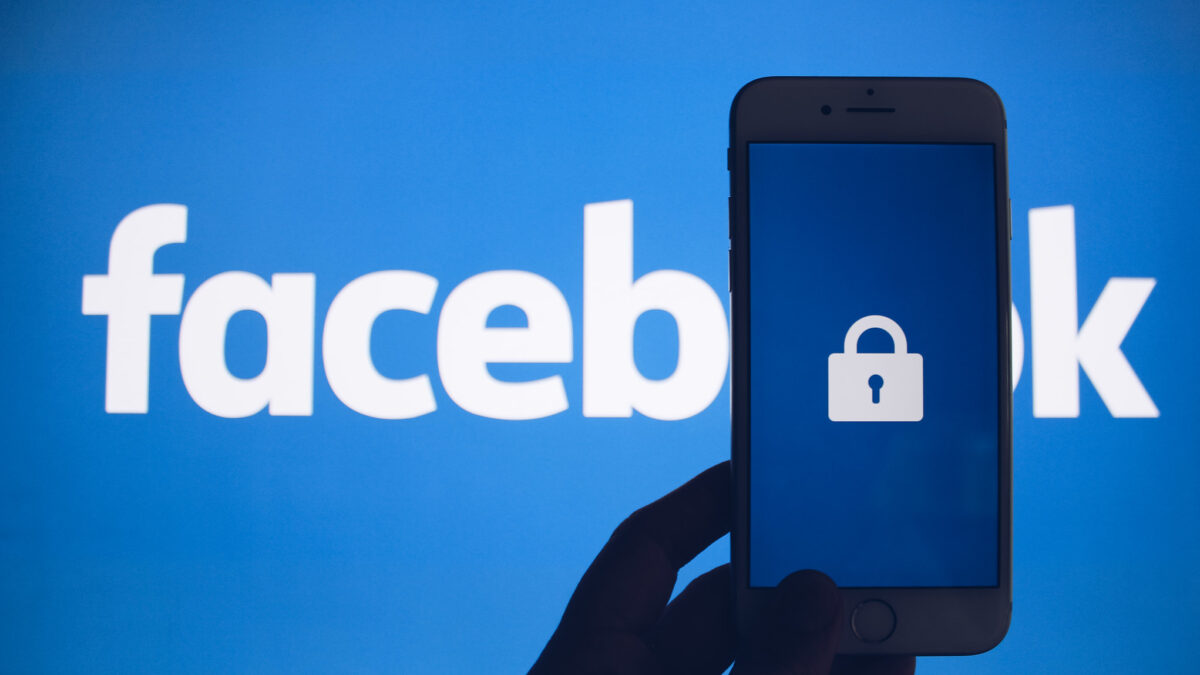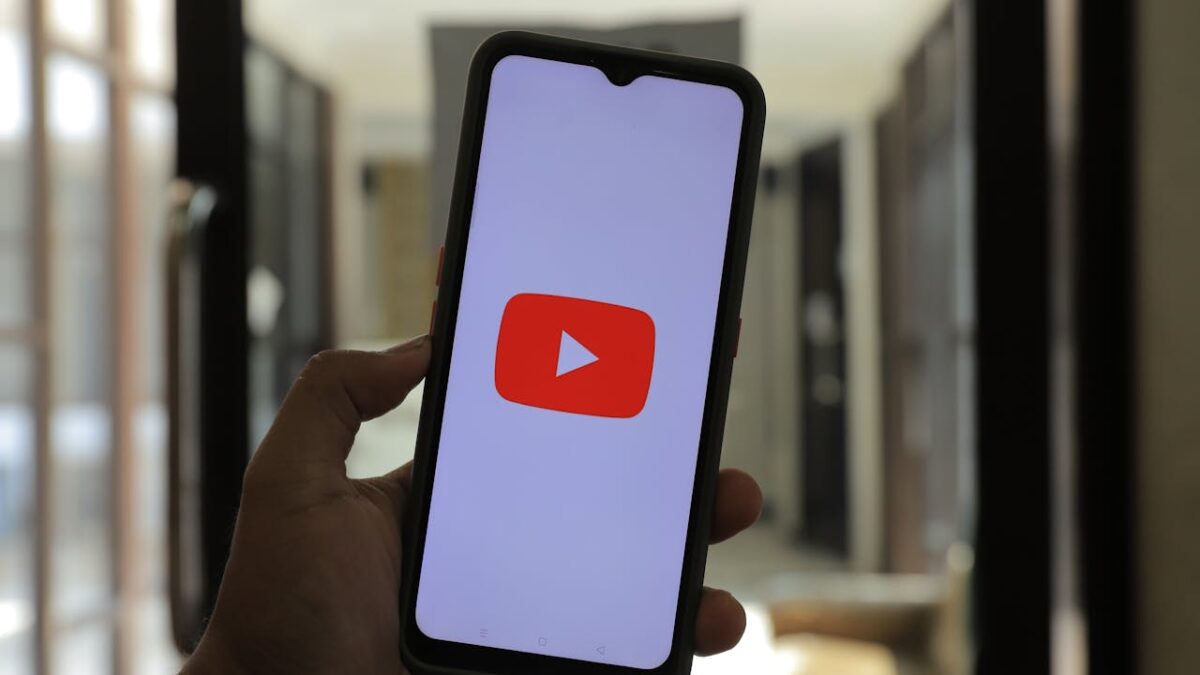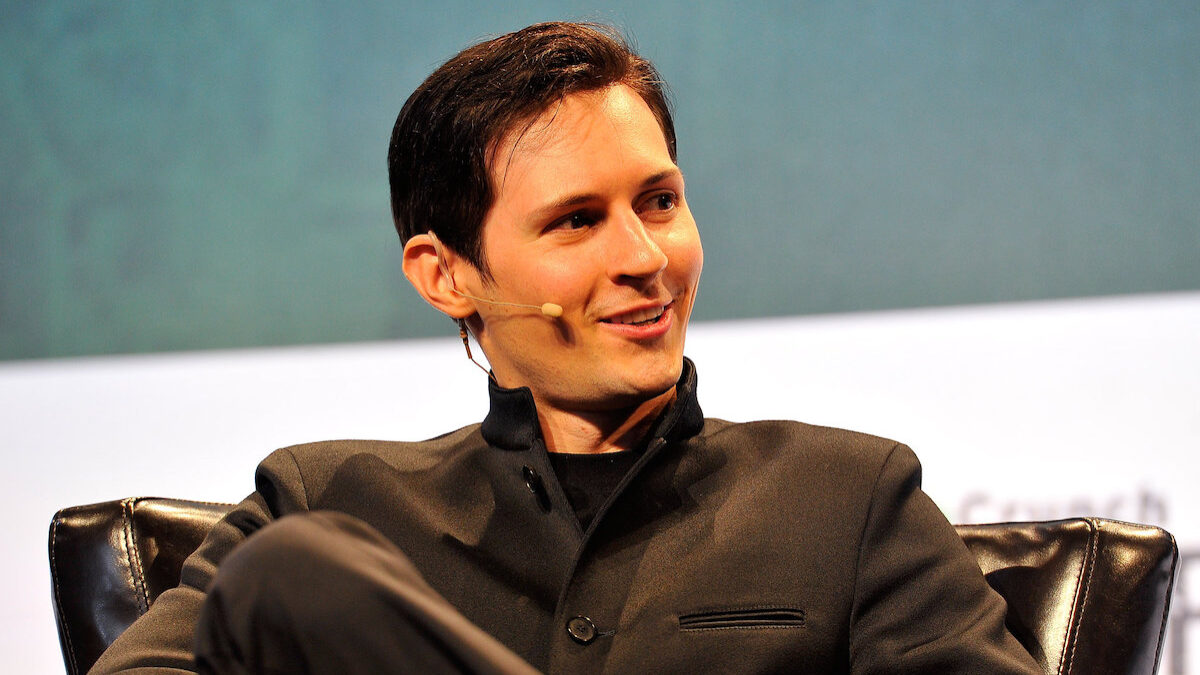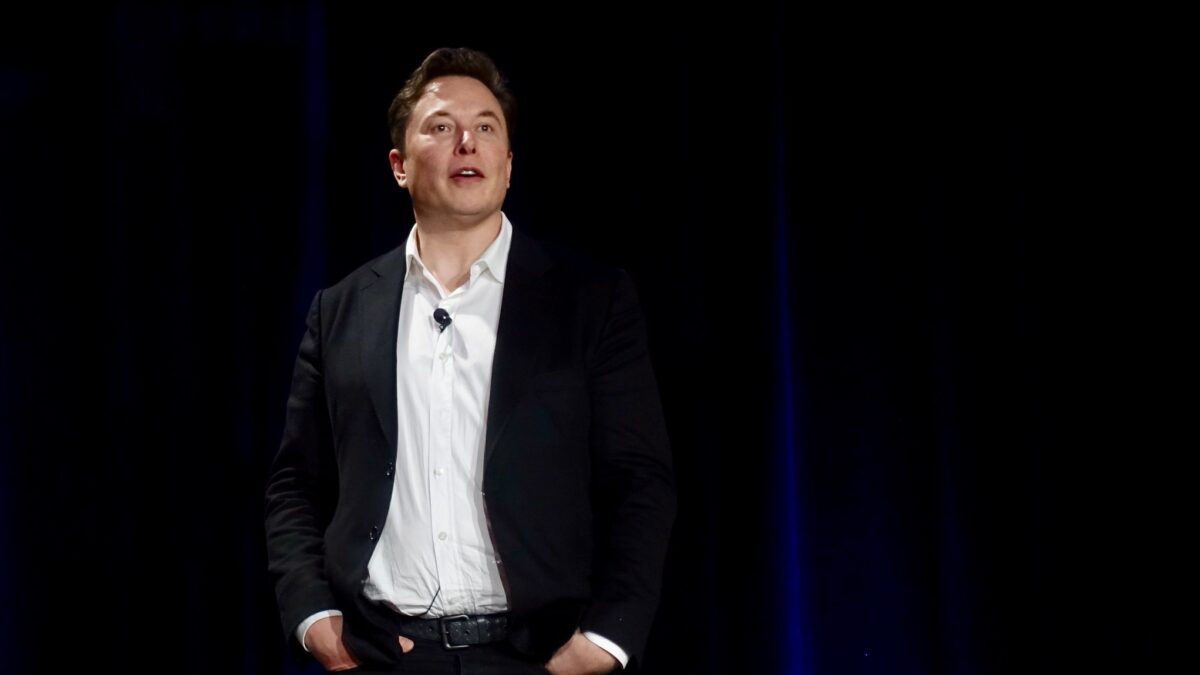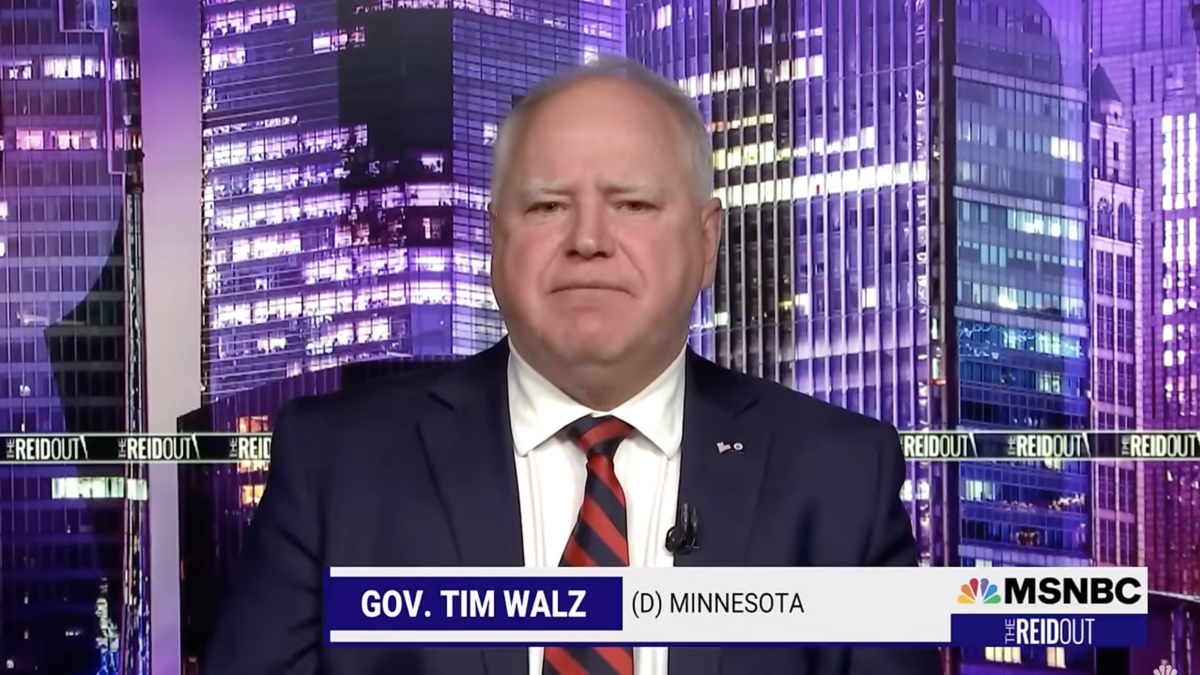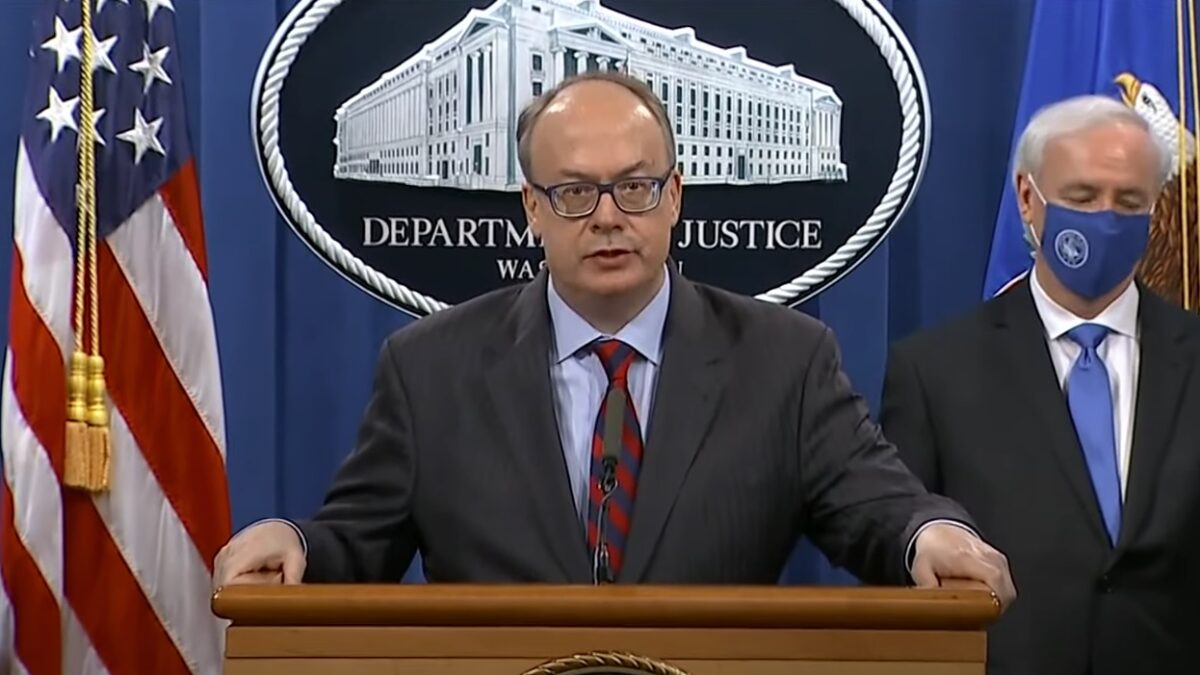The FBI is ramping up its censorship efforts ahead of the 2024 presidential election by increasing its coordination with social media companies after having started a quiet operation in February to censor information, according to a recent memo.
A Department of Justice (DOJ) memo dated July 12, 2024, from Associate Deputy Attorney General George D. Turner, states that following the Supreme Court’s decision in Murthy v. Missouri, the Biden administration has sought to censor information it deems to be “foreign malign influence” (FMI) information. That June decision obliterated the First Amendment’s right to free speech.
Following the Supreme Court’s stay in October 2023 of a 5th Circuit injunction restricting the FBI’s collaboration with Big Tech, the DOJ “began developing a standardized approach for sharing FMI information with social media companies that continued to appropriately account for First Amendment considerations,” the memo states.
The FBI began using the standard operating procedure in “early February 2024” and “actively sharing FMI threat information with social media companies on a continuing basis,” the memo explains, adding, “As part of that strategy, FBI will resume regular meeting in the coming weeks with social media companies to brief and discuss potential FMI threats involving the companies’ platforms.”
The memo further states that the DOJ’s Justice Manual includes a “framework” for the DOJ to follow when deciding whether to “disclose FMI operations” — such as if alleged “foreign influence operations” are purportedly spreading “covert foreign government propaganda or disinformation.”
But alleged “foreign malign influence” often isn’t so.
Federal Agencies Censored True Info in 2020
Just weeks before the 2020 presidential election, 51 former “intelligence officials” signed onto a letter falsely suggesting the bombshell Hunter Biden laptop was Russian disinformation. The letter was “set in motion” by then-senior adviser to Biden’s campaign Antony Blinken, according to former CIA Deputy Director Michael Morrell.
The laptop had been authenticated by the FBI as early as November 2019, however, and has since been used as evidence against the Biden son in a federal gun case.
Despite the FBI’s knowledge of the laptop’s authenticity, the agency warned social media companies of so-called “Russian propaganda” and “hack-and-leak operations” by “state actors.” Almost immediately, Twitter and Facebook began throttling the reach of the story. Meta CEO Mark Zuckerberg later admitted that his platform suppressed the story following the FBI’s warning.
Supreme Court Guts First Amendment
The Supreme Court ruled 6-3 in Murthy v. Missouri that the federal government can continue its collusion with Big Tech to censor and stifle speech it dislikes. Louisiana and Missouri sued the Biden administration after it “began coordinating with social media giants to censor posts [it] deemed unfavorable, even if said posts contained factually correct information,” my colleague Shawn Fleetwood explained.
[READ NEXT: The Supreme Court Is Not Going To Save You]
The court ruled that the plaintiffs lacked standing.
Justice Amy Coney Barrett, who authored the majority decision, falsely portrayed Facebook’s censorship efforts as “measures to counter foreign interference campaigns.” But there was nothing “foreign” about the laptop, nor was it the product of a Russian disinformation campaign.
In his dissent, Justice Samuel Alito wrote that the actions of the Biden administration are “blatantly unconstitutional, and the country may come to regret the Court’s failure” to rule in such a way.
“Officials who read today’s decision together with Vullo will get the message,” Alito wrote. “If a coercive campaign is carried out with enough sophistication, it may get by. That is not the message this Court should send.”
